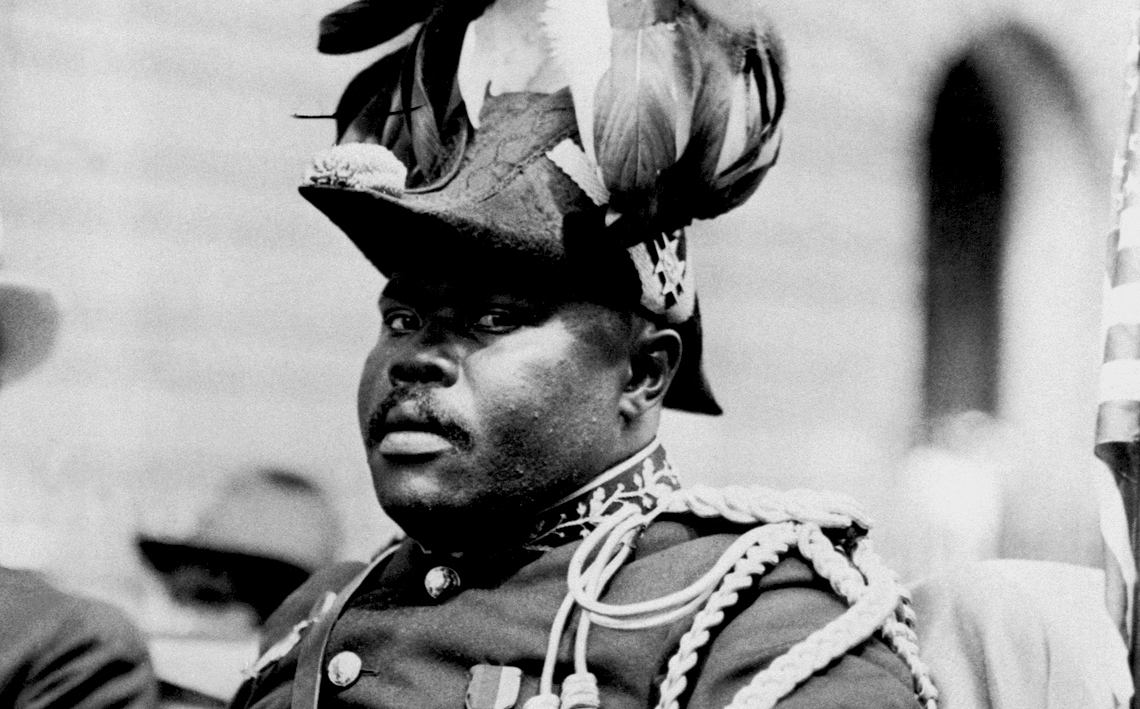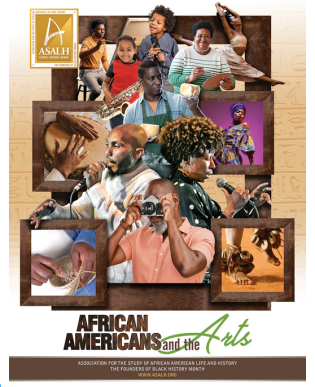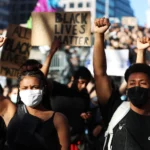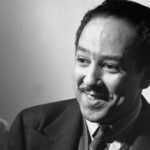Early Life and Origins
Born on August 17, 1887, in St. Ann’s Bay, Jamaica, Marcus Mosiah Garvey was the youngest of eleven children. His parents, Marcus Garvey Sr. and Sarah Jane Richards, instilled in him a sense of pride in his African heritage and an awareness of racial injustice.
Education and Early Activism
Garvey received limited formal education but displayed early intellectual prowess. In 1910, he traveled to Central and South America, observing the conditions of Black communities and witnessing the impact of racism. These experiences fueled his commitment to uplifting the Black race.
The Universal Negro Improvement Association (UNIA)
Founding and Ideology
In 1914, Garvey founded the Universal Negro Improvement Association (UNIA) in Jamaica. The organization aimed to unite and uplift people of African descent globally, fostering racial pride and self-sufficiency. Garvey’s philosophy emphasized economic empowerment, cultural awareness, and the establishment of an independent Black nation in Africa.
The Back-to-Africa Movement
Garvey’s most prominent initiative was the Back-to-Africa movement, which encouraged the repatriation of Black people to Africa, particularly Liberia. This vision aimed to create a self-sufficient and prosperous homeland for those in the African diaspora.
Achievements and Legacy
Black Star Line
In 1919, Garvey founded the Black Star Line, a shipping company intended to facilitate transportation for African Americans to Africa. Though the venture faced financial challenges and ultimately failed, it symbolized Garvey’s commitment to economic independence.
UNIA Conventions and Newspapers
Under Garvey’s leadership, UNIA organized grand international conventions, drawing thousands of attendees. The organization also published the newspaper “Negro World,” spreading Garvey’s ideas and fostering a sense of unity among Black communities.
Legacy in Music and Culture
Garvey’s influence extended to the arts, inspiring musicians such as Bob Marley, who incorporated his teachings into reggae music. Garvey’s words also resonated with leaders like Malcolm X and the Nation of Islam.
Personal Life and Family
Garvey married Amy Ashwood in 1919, and they had two children. After their divorce in 1922, he married Amy Jacques, who became a prominent figure in UNIA. Despite facing personal and financial challenges, Garvey maintained his commitment to the Black liberation movement.
Contribution to Black History
Racial Pride and Empowerment
Garvey’s impact on Black history is immeasurable. He instilled a sense of racial pride, urging Black people to embrace their African heritage and reject the inferiority imposed by centuries of colonization and slavery.
Pan-Africanism
As a leading Pan-Africanist, Garvey emphasized the unity of people of African descent worldwide. His ideas laid the groundwork for future Pan-African movements and the decolonization of Africa.
Inspiration for Civil Rights Movements
Garvey’s emphasis on self-sufficiency and empowerment influenced subsequent civil rights leaders, providing a foundation for the Black Pride and Black Power movements of the 1960s and beyond.
Top 20 Questions Answered
- Who was Marcus Garvey?
- Marcus Garvey was a Jamaican-born leader, founder of the Universal Negro Improvement Association (UNIA), and a proponent of Black empowerment and Pan-Africanism.
- When and where was Marcus Garvey born?
- Marcus Garvey was born on August 17, 1887, in St. Ann’s Bay, Jamaica.
- What is the UNIA?
- The Universal Negro Improvement Association (UNIA) was an organization founded by Marcus Garvey in 1914, advocating for the unity and empowerment of people of African descent.
- What was Marcus Garvey’s philosophy?
- Garvey’s philosophy emphasized racial pride, economic self-sufficiency, and the establishment of an independent Black nation in Africa.
- What was the Back-to-Africa movement?
- The Back-to-Africa movement, a key aspect of Garvey’s philosophy, encouraged the repatriation of Black people to Africa for the creation of a self-sufficient homeland.
- Did Marcus Garvey support the idea of Black repatriation to Africa?
- Yes, Garvey strongly advocated for the repatriation of Black people to Africa as a means of achieving racial and economic liberation.
- What was the Black Star Line?
- The Black Star Line was a shipping company founded by Marcus Garvey in 1919, aimed at facilitating transportation for African Americans to Africa.
- Did the Black Star Line succeed?
- The Black Star Line faced financial challenges and ultimately failed, but it symbolized Garvey’s commitment to Black economic independence.
- How did Marcus Garvey contribute to the arts?
- Garvey’s influence extended to the arts, inspiring musicians like Bob Marley, who incorporated his teachings into reggae music.
- Who were Marcus Garvey’s wives?
- Marcus Garvey was first married to Amy Ashwood, and after their divorce in 1922, he married Amy Jacques, who became a prominent figure in UNIA.
- How many children did Marcus Garvey have?
- Marcus Garvey had two children with his first wife, Amy Ashwood.
- What challenges did Marcus Garvey face personally and financially?
- Garvey faced personal and financial challenges, including legal troubles and opposition from both external forces and within the UNIA.
- How did Marcus Garvey influence future civil rights movements?
- Garvey’s emphasis on racial pride, empowerment, and Pan-Africanism influenced subsequent civil rights leaders and movements.
- Who were some leaders influenced by Marcus Garvey?
- Leaders like Malcolm X and the Nation of Islam were influenced by Marcus Garvey’s teachings.
- Did Marcus Garvey’s ideas impact Pan-African movements?
- Yes, Garvey’s ideas laid the groundwork for future Pan-African movements and the decolonization of Africa.
- What was Marcus Garvey’s role in the Black Pride and Black Power movements?
- Garvey’s ideas provided a foundational influence on the Black Pride and Black Power movements of the 1960s and beyond.
- How did Marcus Garvey contribute to the fight against racial injustice?
- Garvey’s commitment to racial pride and empowerment was a key contribution to the fight against racial injustice.
- What is Marcus Garvey’s lasting legacy?
- Marcus Garvey’s lasting legacy is his profound impact on Black history, fostering a sense of pride, empowerment, and unity among people of African descent.
- Did Marcus Garvey’s ideas influence political movements outside of the United States?
- Yes, Garvey’s ideas resonated globally, influencing political movements and leaders advocating for Black empowerment and independence.
- How is Marcus Garvey remembered today?
- Marcus Garvey is remembered as a visionary leader who championed Black pride, economic self-sufficiency, and Pan-African unity, leaving an indelible mark on the history of Black liberation.





